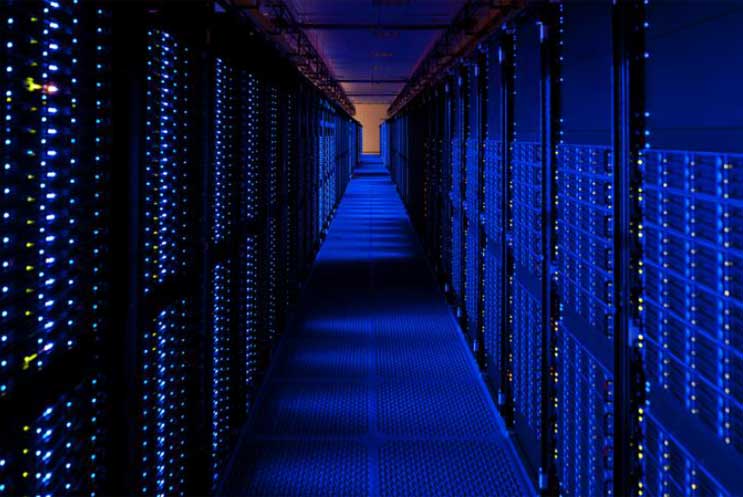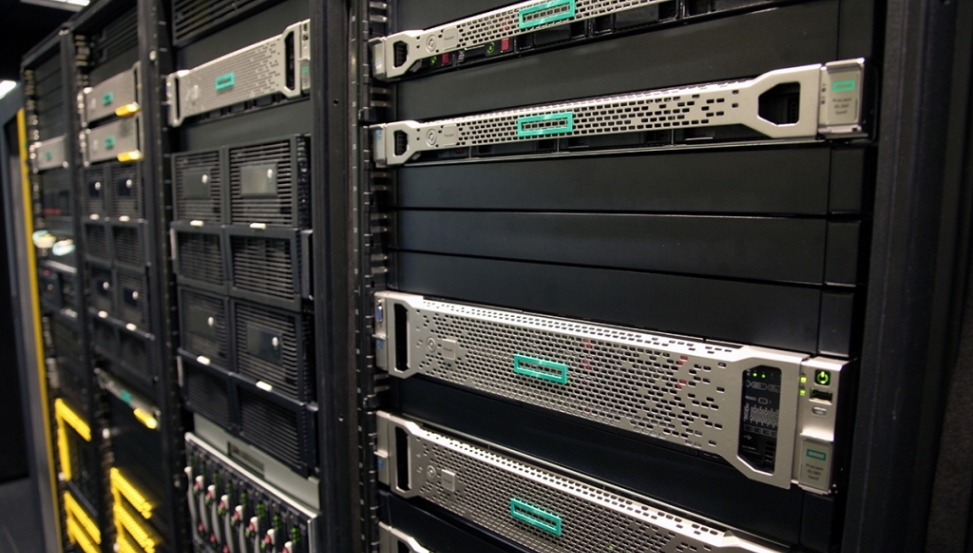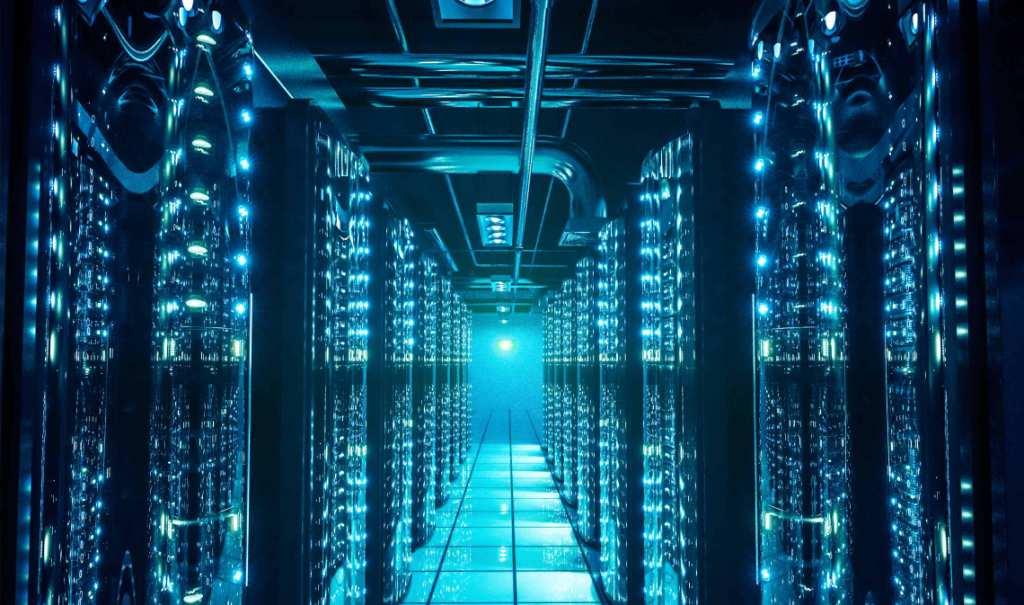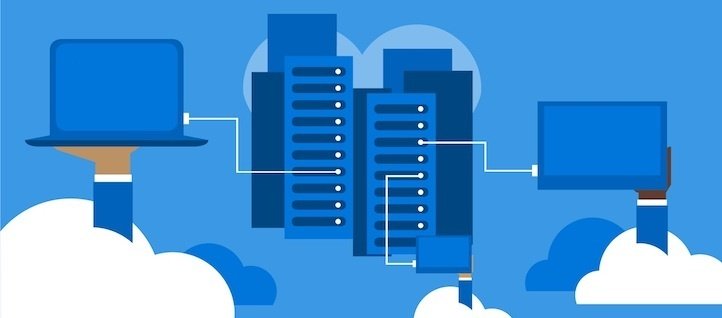
Is Cloud Database Good for Your Business?
You have heard lot about Cloud now-a-days – cloud computing, cloud storage, cloud database, etc. but have you thought about how cloud technology can influence your business, the positive ones and negative sides? Also it is worth discussing how you can utilize cloud for the development of your business, overcoming any disadvantages associated with it. This article is trying to define what cloud database implies for your business and its advantages and disadvantages. Also it is trying to provoke discussions about the suitability of cloud database for you.

Choosing between AWS RDS MySQL and Self Managed MySQL EC2
The Amazon Web Service (AWS) products AWS EC2 and AWS RDS comes with sophisticated technology features and capabilities that serve the needs for Web based computing and storage efficiently. When coming to the decision making process for selecting between AWS RDS and the self managed AWS ECS or any independent MySQL DBaaS for your MySQL database needs, there are some prominent factors to consider. These factors are crucial and affect the operational and economic aspects of your database deployment. This article provides a comprehensive overview of both products to help you understand the distinction between them for making a suitable and cost-effective decision.
Read more
MariaDB Galera Cluster
We have covered the basics about Galera Cluster in a previous article – Galera Cluster for MySQL and MariaDB. This article further goes into the Galera technology and discusses topics like:
1. Who provides Galera Cluster?
2. What is MariaDB Galera Cluster?
3. An overview of MariaDB Galera Cluster Setup.
Read more
Why Your Business Need Database Versioning?
How database versioning boosts your business growth?
Applications are neither ideal nor perfect. Along with the dynamic implementation environments and rapid technology changes, certain features can become obsolete and some new ones might be needed. Workflows and processes in the application need to be changed. Bugs and vulnerabilities can be reported any time. Competitors may release a new feature that demands you to reciprocate with matching or better feature. The chances are huge for you to initiate, perform and deliver a stable minor or major version. A delay or absence in this can negatively affect the reputation and/or monetary attributes like market performance, profit etc. In these circumstances, it is essential for you to make available for your teams, tools that automates and simplifies processes as much as possible. Applications or services have code and databases are integral parts of any product. A properly version controlled database boosts and simplifies development and production deployment processes. It also helps in critical analysis, comparison and cross review of your application sets. The results give you new insights and directions for a new promising version release and you can focus on your business growth, since everything is automated.
Read more
How to Secure your MariaDB Database Server
At the time of writing this article, the current MariaDB 10.2 offers MariaDB TX Subscription to access the feature MariaDB MaxScale. MariaDB TX subscription offers high-end functionality like implementing business-critical production, test and QA deployments, management, monitoring and recovery tools, mission-critical patching and above all, access to the MariaDB Database Proxy, MaxScale.
Read more
To Organizations – Database is your Biggest Asset
For organizations, small to large, database plays a major role in their IT infrastructure as well as in storing and maintaining the invaluable data assets. These data comprises of the company’s own data plus project data that has high significance in terms of business values. Data makes a company or organization, a working business, and hence it is the biggest asset an organization is expected to take care of, in maintaining the integrity and security of the business itself. Database plays a major role in managing this data, since it is the data warehouse that gives data the capabilities to make the business run, through efficient data storage, maintenance, accessibility, retrieval and security. The DBMS – Database Management System, is a software application that uses hardware and networking for representing, storing, managing, maintaining, serving and securing data – the life energy of any business.
This article discusses some important points organizations need to seriously consider pertaining to their database needs and requirements.

MySQL DBaaS Case Study – DrawCoin Creative
About DrawCoin Creative
is an online multi player game provider that has a vast community of gamers and reviewers spread across the globe. Their CityBuilding multi player game has high requirements for solid, robust and scalable computing and data storage facilities. Since the gamers are from different geographic regions, DrawCoin Creative needed highly distributed clusters of computing and data management nodes. Since their community is expanding they were looking for a highly scalable and fast infrastructure to implement.
Read more
Performing Backup of a Live MySQL Database using mysqldump
Live MySQL Backup without Locking Tables
Mysqldump client utility is the easiest and favorite tool for DBAs to backup a MySQL database. It supports numerous options to configure the backup such as type of backup format, what to backup, how to deal with key constraints, how to deal with transactions etc. The output of a mysqldump backup operation is named as a dump file and it can be restored to recreate the backed up database. The dump files can be in formats like CSV, tab-delimited, SQL, XML etc. The dump file can be further compressed using a suitable compression utility like Tar, Gzip, XZ, Bzip2 etc to reduce the dump file size to make it easier for storage and transfer.
Read more
Is Docker Perfect for Databases?
Docker – a Revolutionary Container Platform
Before going into the analysis, let’s have a brief idea about Containers and Docker. A Container is an executable package of software designed to provide an isolated environment for applications to run in a host server. They have all the necessary code, runtime, libraries etc. to provide a safe environment for the application software. Prominent enterprises like Uber, Facebook, Google etc are using Containers in a very high scale. Docker is a software container platform and is used to create container units on host machines. Many such units share the host’s OS, RAM, Processor and other resources. Disk usage is minimized by sharing filesystem layers and common files. Docker containers help in many aspects for Software Lifecycle, starting from development to deployment and implementation. It provides an agile continuous integration platform with isolated units for development teams, with development, test and production environments. It makes a server compatible for a wide variety of software applications that have different dependencies. Docker makes the host platform portable and distributed by virtue of its self sufficient and isolated container feature. All these come along with reduced need of computing power and space, since Docker Containers use the same Kernel in a host, rather than VMs using separate guest OS.
Read more
MySQL Backup and Restore Methods
It is important from an administrative and operational point of view to safeguard your data and database from all kind of risks. Applying this to a MySQL database, it has lot of challenges to overcome and survive – so that the data associated with it is safe, with precise data integrity and genuineness over time. As like any software applications, a MySQL database is also facing threats and challenges in the below forms:
- Hardware and software failures
- Operating system/File system crashes
- Data corruption and deletion
- Database upgrades and data corruption
- Etc.